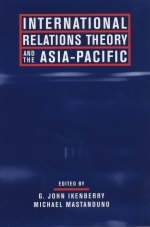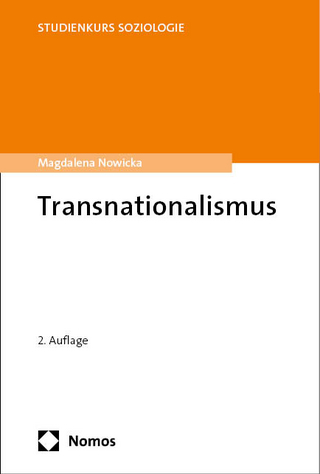
International Relations Theory and the Asia-Pacific
Columbia University Press (Verlag)
978-0-231-12591-8 (ISBN)
- Lieferbar (Termin unbekannt)
- Versandkostenfrei innerhalb Deutschlands
- Auch auf Rechnung
- Verfügbarkeit in der Filiale vor Ort prüfen
- Artikel merken
What will the Asia-Pacific rim look like in the years ahead? What tools will international relations theorists need to understand the complex relationship among China, Japan, and the United States as the three powers shape the economic and political future of this crucial region? Some of the best and most innovative scholars in international relations and Asian area studies gather here with the working premise that stability in the broader Asia-Pacific region is in large part a function of the behavior of, and relationships among, these three major powers. Each author analyzes the foreign policy behavior of one or more of these states and/or relations among them in an effort to make claims about the prospects for regional stability. Some of the chapters focus on security relationships, some on economic relations, and some on the interaction of the two. The authors do not promote any particular theoretical perspective, but instead draw on the full diversity of theoretical approaches in contemporary international relations scholarship to illuminate international interactions among the Pacific powers.
The creative collaboration of international relations and Asian studies specialists presents the opportunity to assess the applicability of Western categories of analysis to the beliefs and behaviors of Asian actors. The scholars in this volume share the conviction that a deeper understanding of the effects of cultural divides between Asian and American policymakers is essential if the Pacific rim's economic and regional security is to be safeguarded.
Michael Mastanduno is Nelson A. Rockefeller Professor and Chair in the Department of Government at Dartmouth CollegeG. John Ikenberry is Peter F. Krogh Professor of Geopolitics and Global Justice at Georgetown University and author of After Victory: Institutions, Strategic Restraint, and the Rebuilding of Order After Major War.
Part I. Security, Identity, and Stability 1. China, the U.S-Japan Alliance, and the Security Dilemma in East Asia, by Thomas J. Christen 2. An Emerging China's Emerging Grand Strategy: A Neo-Bismarkian Turn?, by Avery Goldstein 3. Socialization in International Institutions: The ASEAN Way and International Relations Theory, by Alastair Iain Johnston 4. Hierarchy and Stability in Asian International Relations, by David Kang 5. Ambiguous Japan: Japanese National Identity at Century's End, by Masaru Tamamoto 6. Identity and the Balance of Power in Asia, by Henry Nau 7. Asia Pacific Security Institutions in Comparative Perspective, by John Duffield Part II. Politics, Economics, and Stability 8. States, Markets, and Great Power Relations in the Pacific: Some Realist Expectations, by Jonathan Kirshner 9. Sources of American-Japanese Economic Conflict, by Robert Gilpin 10. Economic Interdependence and the Future of U.S.-Chinese Relations, by Dale Copeland 11. Institutionalized Inertia: Japanese Foreign Policy in the Post-Cold War World, by William Grimes 12. Power and Purpose in Pacific East Asia: A Constructivist Interpretation, by Thomas Berger Conclusion: The United States and Stability in East Asia
| Erscheint lt. Verlag | 21.5.2003 |
|---|---|
| Verlagsort | New York |
| Sprache | englisch |
| Themenwelt | Sozialwissenschaften ► Politik / Verwaltung ► Europäische / Internationale Politik |
| Sozialwissenschaften ► Politik / Verwaltung ► Politische Theorie | |
| ISBN-10 | 0-231-12591-7 / 0231125917 |
| ISBN-13 | 978-0-231-12591-8 / 9780231125918 |
| Zustand | Neuware |
| Haben Sie eine Frage zum Produkt? |
aus dem Bereich


